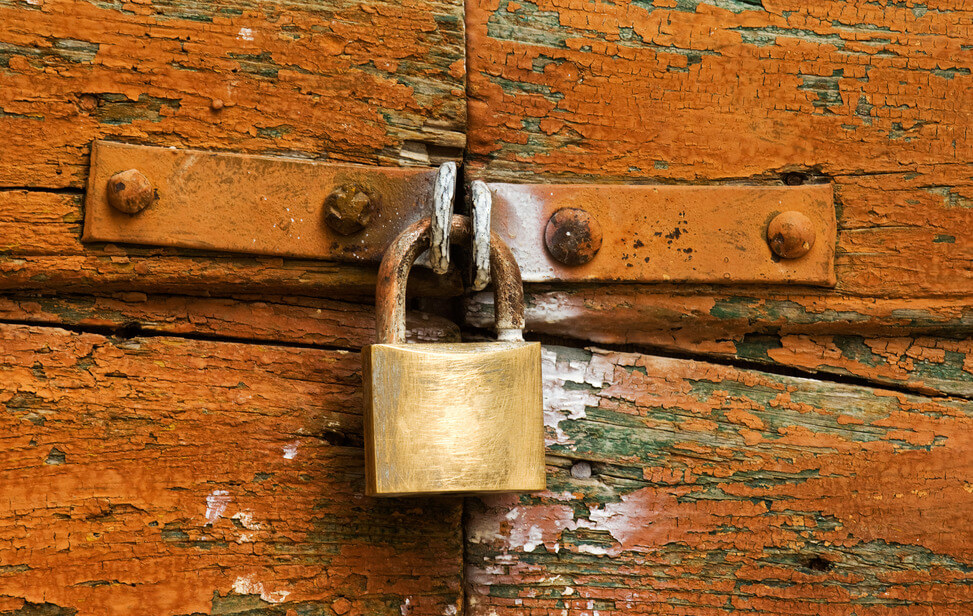
Can your password be guessed in three tries or fewer? If so, it would be the same as handing a stranger a list with all of your passwords. Easy passwords are the reason so many people are victims of data breaches and no amount of security on a website will protect you fully if you do not do your part.
You, as the end-user, must take responsibility for safeguarding your information.
If your passwords are the same for your bank, email and other accounts, it will be even easier for a hacker to compromise your information.
The reality is today’s world is filled with criminals who want access to your social security number, birthdate, bank accounts, and credit cards. Protect yourself against data fraud by implementing a few safeguards.
Robust Passwords
Choosing a robust password requires some thought. You want something easy enough to remember but you need something difficult enough so as not to allow yourself to become another victim of a data breach.
Most people use common passwords like a birthday or consecutive numbers. Also, people choose names of children or pets. You can avoid this mistake by selecting a random word like “binder” which, with a few changes, becomes even more secure as “b!nd3r.”
Applying this simple principle to your passwords will satisfy most website requirements of using at least one letter, one number and one special character.
Note: not every system requires or allows for special characters. In some instances, the special characters will be limited to the row of characters above the numbers on your keyboard (!@#, etc.).
Password Length
Most websites require a password length in excess of six characters and usually less than 20. This is a great opportunity to utilize more than one word or an entire phrase.
Do not forget to utilize special characters where possible and stay away from a string of consecutive numbers like 12345 or 88888 within your passwords. The greater the variation of characters in your passwords, the more difficult the task for intruders to gain access to your accounts.
Security Questions
Remembering your password can be difficult if you only login occasionally and especially if you use your phone or allow your browser to save all of your passwords for you.
When setting up a password, there is usually a set of challenge questions which require unique answers. Your first instinct may be to set all of the answers to be the same, but the best course of action is to provide answers from your childhood.
For example, the question “What is your pet’s name?” does not need to be answered with the name of the pet you currently own; instead use the name of your childhood pet.
Stale Passwords
Set a reminder on your electronic calendar to prompt you to change your password at least every three months. The most compromised accounts are the ones with the same passwords unchanged for longer than six months.
Also, do not alternate between two different passwords, or only change the numeric characters. It is best to create an entirely new, unique password. You are dealing with professional hackers who guess passwords for a living. Make it as difficult for them as possible.
Written Passwords
DO NOT keep a written list of passwords! If someone breaks into your home or steals your computer bag and you have all the passwords within easy reach, all your hard work coming up with a difficult password was futile. If you forget your password, you can always follow the forgot password link to either recover your password or select a new password.
Some websites may provide a password hint. Make certain the hint you provide is not the password.
Living in an electronic society can be challenging, but you have the power to take control of your password security. Data breaches occur when you are negligent in creating a password or do not take the time to rotate passwords frequently. Technology is an awesome tool at your disposal. Do your part to deter data fraud and use unique passwords so you can continue to enjoy the benefits of the web.
